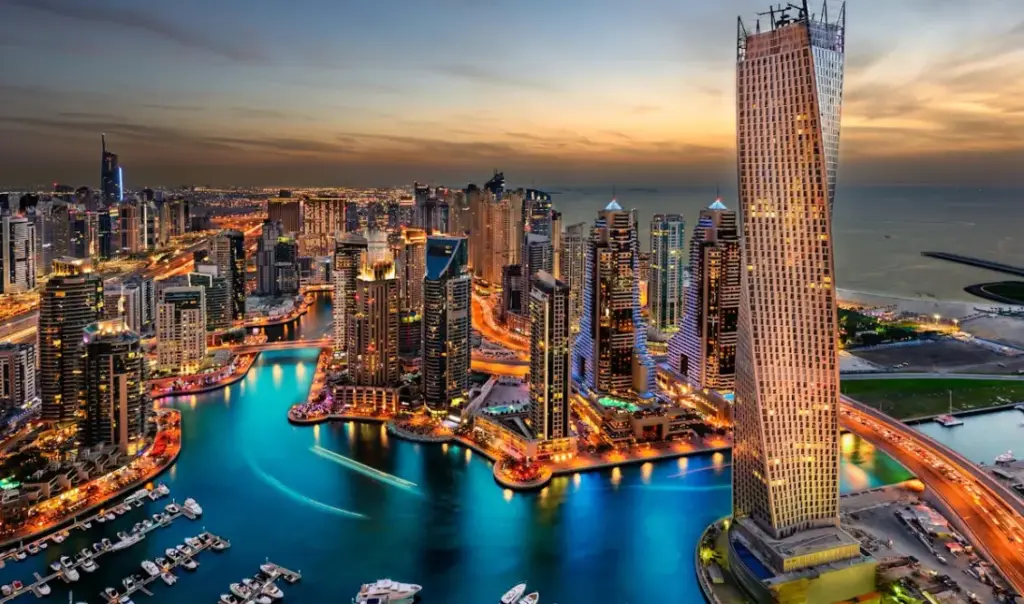A BBC investigation revealed a dark network of sexual exploitation based in Dubai, bringing to light Charles Mwesigwa, a Ugandan former bus driver from London. Mwesigwa allegedly recruited young women –primarily from Uganda– promising jobs in hotels or supermarkets. However, once the women arrived in the United Arab Emirates, they found themselves trapped in a prostitution ring and the so-called «Porta potty» parties.
BBC reporter traps the “mastermind” behind Dubai’s Porta Potty parties
According to testimonies, the women were forced to pay off enormous debts that he “loaded” onto them, allegedly for plane tickets, visas, and accommodation expenses. In a short time, their debts skyrocketed to tens of thousands of dollars, forcing them to satisfy even the most extreme desires of wealthy clients – mainly white Europeans, as victims reported. One woman revealed that clients requested degrading and violent acts, while others reported indifference from local police, who allegedly responded: “We don’t want to get involved in African people’s problems.”
Mwesigwa’s name is also connected to two mysterious deaths of Ugandan women, Monic Karungi and Kayla Birungi, who were found dead after falling from high-rise buildings in Dubai. Although authorities spoke of suicides, relatives and friends allege that the cases were not properly investigated, while there are indications that Mwesigwa managed the apartments where they lived. In one case, a relative of Monic confronted him and he allegedly said: “[She’s] not the first to die. And she won’t be the last.”
How the network operated
The network, as it emerges, operated with complete secrecy. Mwesigwa used different names, paid for “protection” in nightclubs, and ensured that contracts for houses and cars never appeared in his own name. In a conversation with a BBC reporter who had not revealed his identity, he even spoke openly about “25 available girls” with fees starting from $1,000 per night, while for “crazier things” the price rose significantly. He appeared unperturbed, saying: “I could win the lottery and still do this job… it’s part of me now.”
The case illuminates a broader phenomenon: thousands of young people from Uganda and other African countries seek work in the Gulf, feeding a massive “labor export” industry, but risk finding themselves in exploitation networks. Mwesigwa, who remains unpunished, now lives in a middle-class Dubai neighborhood and embodies –as alleged– this dark side, with the British media’s investigation revealing him as the man behind a network connected to violence, debt, sexual abuse, and deaths.




